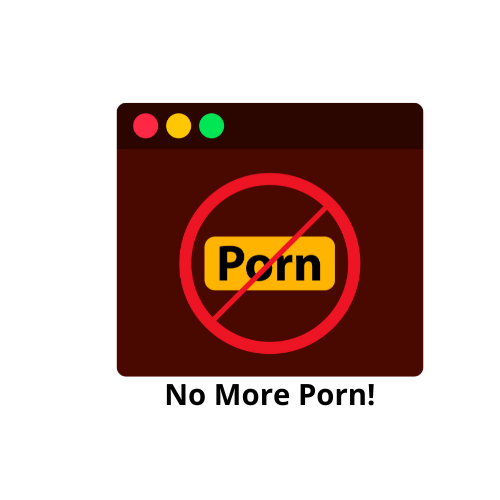Understanding addiction isn't just about recognizing its impact on our lives; it's also about delving into the science behind it. By understanding the mechanisms that drive addiction, we can better equip ourselves to combat it.
Let's explore the science of addiction and see how it resonated with my personal journey.
- The Brain's Reward System: At the heart of addiction lies the brain's reward system. When we engage in pleasurable activities, our brain releases dopamine, a neurotransmitter associated with pleasure, reward, and motivation. Over time, with repeated exposure to addictive stimuli like porn, the brain starts craving more dopamine, leading to increased consumption.
Personal Reflection: In my story, the constant pull of porn, the fatigue, the anxiety, all stemmed from this overstimulation of dopamine. It was a cycle where I sought more to achieve the same level of satisfaction. - Desensitization and Tolerance: As one gets exposed to addictive stimuli repeatedly, the brain becomes desensitized. This means that over time, more of the stimulus (in this case, porn) is needed to achieve the same dopamine high. This leads to increased consumption and further deepens the addiction.
Personal Reflection: I remember the countless hours lost, the need for more explicit content, and the increasing isolation. It was a clear sign of my brain's desensitization. - Withdrawal and Relapse: Just like any other addiction, quitting porn can lead to withdrawal symptoms. These can range from irritability, anxiety, fatigue, to even depression. The brain, missing its regular dopamine fix, pushes one towards relapse.
Personal Reflection: My journey wasn't without setbacks. The relapse after visiting my parents was a testament to how deeply ingrained the addiction was and how the brain can trick us into returning to old habits. - The Power of Habits: Our brain is wired to form habits. Repeated actions create neural pathways, making it easier for us to perform those actions in the future. Unfortunately, this also applies to negative habits like porn consumption. Breaking these habits requires conscious effort and often a complete rewiring of the brain.
Personal Reflection: My dopamine detox was a way to break these neural pathways and form new, healthier ones. It was a conscious effort to rewire my brain and challenge the negative habits. - Hope and Recovery: The good news is that the brain is incredibly plastic. This means it can change and adapt. With the right strategies, support, and determination, one can overcome addiction and rewire the brain for healthier habits.
Personal Reflection: My journey, filled with its ups and downs, is a testament to the brain's ability to change. The clarity, conviction, and confidence I felt after my detox were signs of my brain healing and adapting.

Rewiring my brain for a better future. Have a sense of hope and determination, everything is possible.
In conclusion, addiction, while deeply rooted in our brain's chemistry, is not insurmountable. By understanding the science behind it and drawing inspiration from personal stories like mine, one can find the strength and strategies to overcome it. Remember, knowledge is power, and in this battle against addiction, it's one of our strongest allies.
